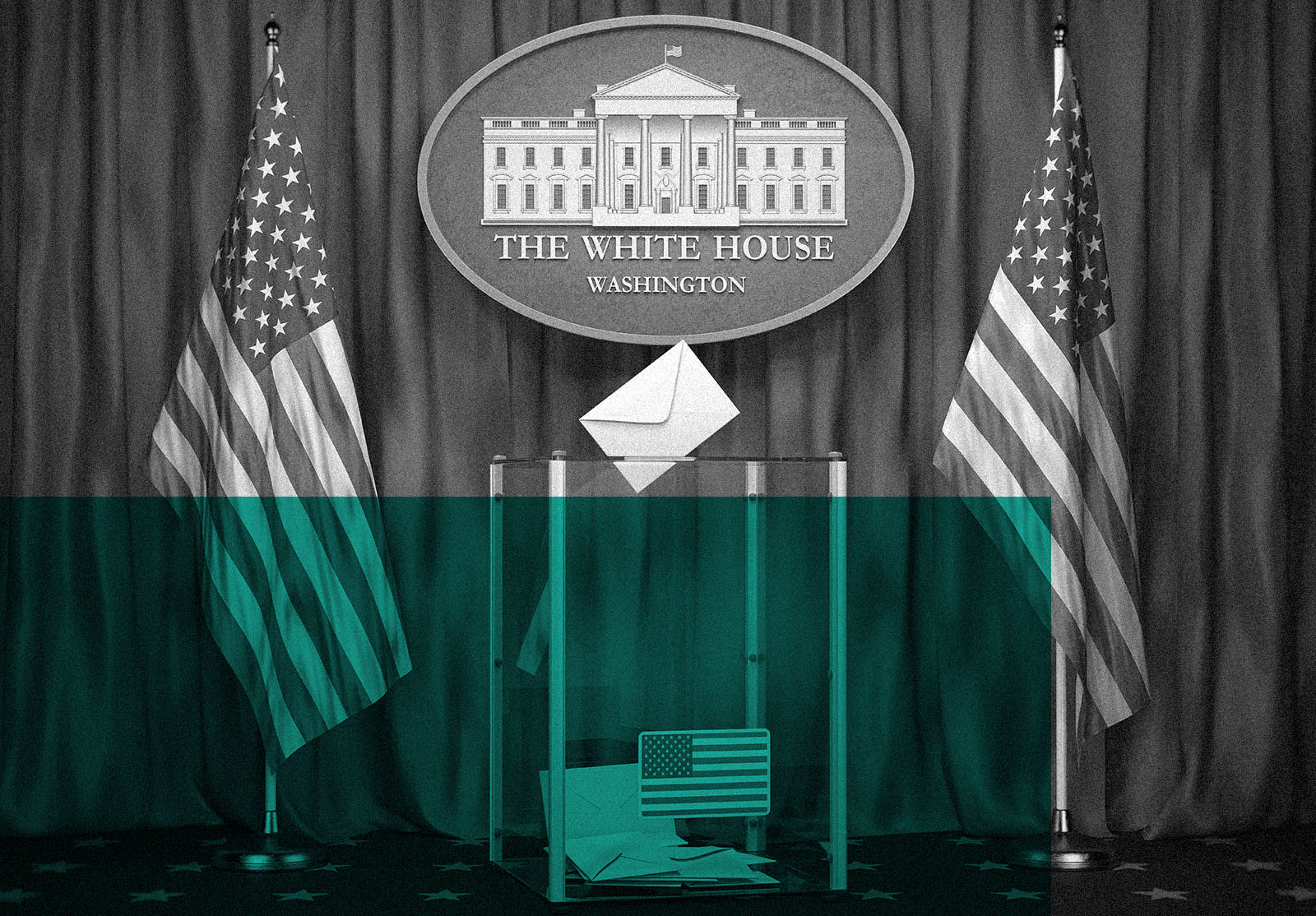
With elections taking place in more than 60 countries this year, politics will be a key market driver in 2024, says Goldman Sachs Research.
In a report, the firm said a record share of the world’s population will vote this year. There’s a U.S. presidential election and European parliamentary elections, and India, South Korea, Mexico and South Africa are set to vote too.
“Elections will therefore be an important, if not the most important, macro story in 2024,” said Goldman Sachs economists in the report. “We anticipate that this year’s U.S. presidential election will be a particularly market-relevant event, as the macro impacts of the election regarding several key policy issues could have more significant impacts on rates and [currency] markets.”
Economic effects beyond the U.S. election are likely. Elections are often accompanied by predictable policy shifts that raise economic output and lower unemployment, at least in the short run, the report said. Specifically, Goldman said its research has found “government spending tends to increase, central banking policies tend to ease, and economic uncertainty drifts higher.”
Added the report: “The most direct way politicians could try to steer election outcomes is by easing fiscal policy to provide a boost to the economy in the runup to election.”
The scale of the increased government spending tends to vary with the country’s affluence and political system.
“We estimate larger effects in lower-income emerging markets and less democratic countries — patterns that intuitively suggest that politically-driven fiscal policy is more prevalent in countries with weaker institutions,” it noted.
Monetary policy also tends to ease during election years.
In countries where governments have more sway over monetary policy, the timing of an election has a bigger impact, whereas there’s little effect in markets with more independent central banks.
Nonetheless, Goldman economists found interest rates decline during election years by between 20 and 25 basis points “more than would be explained by other economic factors.”
Elections also tend to increase uncertainty surrounding future economic policy, which can weigh on investment and economic growth, the report said.
“Taken together, our estimates suggest that elections have a predictable but modest impact on economic growth, with a moderate easing in fiscal policy and modest easing in monetary policy being partially offset by a modest growth drag from increased policy uncertainty,” the report said.
The predictability of these effects also means they become priced in to financial markets, and are less likely to spark extreme market reactions, it suggested.




